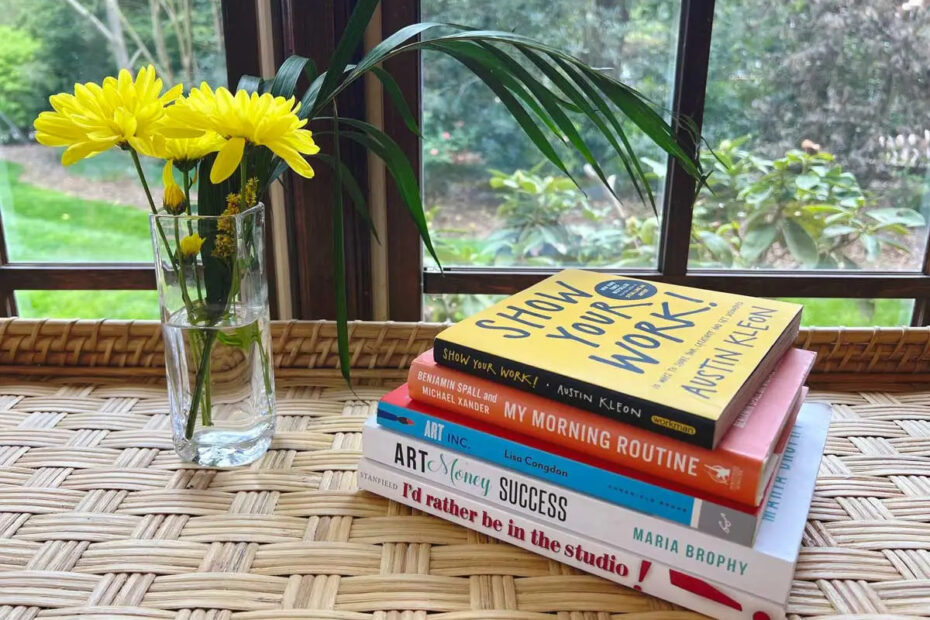If you identify as an artist or possess a profound artistic inclination, yet harbor a desire to cultivate entrepreneurial, social, communication, and digital skills, a valuable resource awaits you. The Learning Hub offers a gateway to acquiring these skills.
Additionally, we’ve curated a selection of Masters and specializations tailored to individuals with artistic backgrounds, aiming to deepen their expertise in entrepreneurship:
MA in Arts Management and Entrepreneurship, NYC (USA)
Master Marketing e Digital Innovation per Arte e Cultura, Italy
Master Music Business Management, UK
Master of Arts in Global Entertainment e Music Business, Spain
Arts management, society and creative entrepreneurship, master, Finland
Art and Entrepreneurship, a flourishing intersection
While Arts Entrepreneurship is not a novel concept, it has garnered formalized attention in education, with over 100 institutions globally and 33 dedicated Master’s programs. At Southern Methodist University, entrepreneurship is defined as the act of creating opportunities and value with the intent to profit financially, socially, or otherwise through risk and effort, with the created value being art.
Key Components of Arts and Entrepreneurship
Creation: Artists act creatively to generate opportunities and value for themselves and others.
Value: Intrinsic or extrinsic, plays a pivotal role in income generation and sustainable careers.
Profit: Viewed as essential for sustainability and business growth.
Risk: Inherent in both entrepreneurship and arts careers, with entrepreneurship skills reducing risks and increasing success odds.
Effort: Emphasizes service-focused actions to become necessary and profitable.
Understanding the Audience:
Choosing a muse involves artists understanding their audience’s needs, desires, fears, and problems, enhancing resonance and success. Arts Entrepreneurship training doesn’t guarantee success but increases the likelihood, addressing the gap in traditional arts education that often lacks real business skills, contributing to the “starving artist” stereotype. Offering this missing puzzle piece is critical to overcoming such stereotypes in arts education.
To further enrich your understanding of Arts Entrepreneurship, we suggest exploring the following books:
“The War of Art” by Steven Pressfield: Overcoming creative obstacles and embracing the entrepreneurial spirit.
“The Lean Startup” by Eric Ries: Merging artistic passion with practical business strategies.
“Show Your Work!: 10 Ways to Share Your Creativity and Get Discovered” by Austin Kleon: Building a following and promoting artistic ventures.
“Art, Inc.: The Essential Guide for Building Your Career as an Artist” by Lisa Congdon: Navigating the business side of being an artist.
“The Creative’s Guide to Starting a Business: How to turn your talent into a career” by Harriet Kelsall: Essential aspects of entrepreneurship for creative professionals.
“Art & Fear: Observations on the Perils (and Rewards) of Artmaking” by David Bayles and Ted Orland: Exploring the psychological and emotional aspects of the artistic process.
The fusion of artistic passion and entrepreneurial acumen opens doors to limitless possibilities.
Whether through formal education (suggested Masters) or self-directed learning (visit our Learning Hub!), embracing entrepreneurship can empower artists to transcend traditional boundaries, ensuring sustainable and fulfilling careers.

 English
English Polski
Polski Română
Română Ελληνικά
Ελληνικά Français
Français